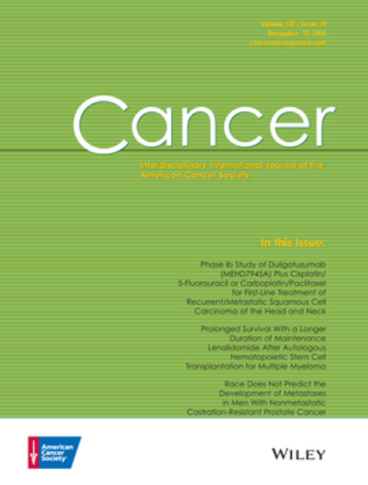Validation of the Functional Assessment of Cancer Therapy – Immune Checkpoint Modulator 17-Item Symptom Index (FACT-ICM-17) to facilitate implementation in research and clinical care
Abstract
Background
Immune checkpoint modulators (ICMs) have revolutionized cancer treatment but have unique immune-related adverse events (irAEs). The aim of this study was to develop and validate a brief measure of the most common, distressing, and diagnostically useful symptomatic irAEs.
Methods
Items were generated to assess symptomatic irAEs through a multistep process of (1) literature review and iterative expert input and (2) qualitative interviews of patients, caregivers, and clinicians regarding ICM-related irAEs and quality of life (QOL) impacts. An initial item set was administered across five longitudinal or cross-sectional studies. The final item set was selected using a Delphi method; validity, reliability, minimally important differences (MIDs), and sensitivity to change were evaluated.
Results
Qualitative interviews with 14 patients, seven caregivers, and six clinicians informed an initial set of 46 symptomatic irAEs, which was administered to patients (N = 503, 52% female, mean age = 64) treated with ICMs for non–small cell lung cancer (n = 342), head and neck cancer (n = 72), renal cell carcinoma (n = 43), or melanoma (n = 46). A final item set was selected and mapped to FACIT library items. This produced the 17-item FACT-ICM Symptom Index, which showed reliability (α = 0.86), construct validity (comparative fit index = 0.93), convergent validity with validated measures of physical QOL (r = 0.69–0.73), discriminant validity with emotional and social QOL (r = 0.03–0.65), and criterion validity (i.e., better performance status was associated with fewer concerns). Response option anchors adequately captured MIDs and were sensitive to change.
Conclusions
This brief 17-item FACT-ICM Symptom Index demonstrates initial construct, convergent, and divergent validity, reliability, MID, and sensitivity to change and is ready for use in research and clinical care.


 求助内容:
求助内容: 应助结果提醒方式:
应助结果提醒方式:


